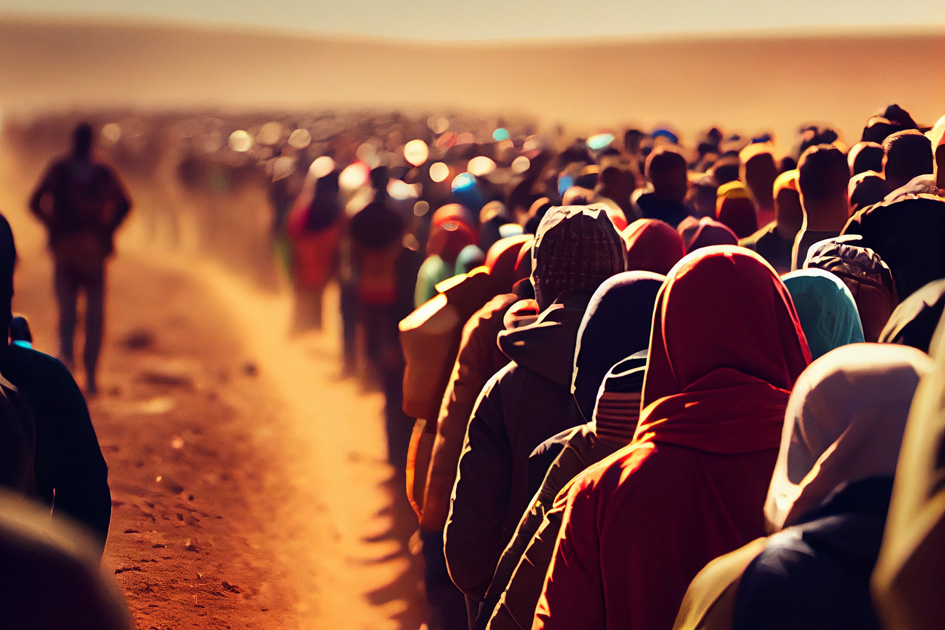
Climate change and forced migration
The rising number of people who are compelled to migrate within and outside their countries in connection with the impacts of climate change, disasters, and environmental degradation is a concerning global issue. Addressing this pressing issue requires a variety of responses that prevent their displacement, safeguard their rights before, during, and after displacement, and facilitate conditions that enable them to attain durable solutions.
Read More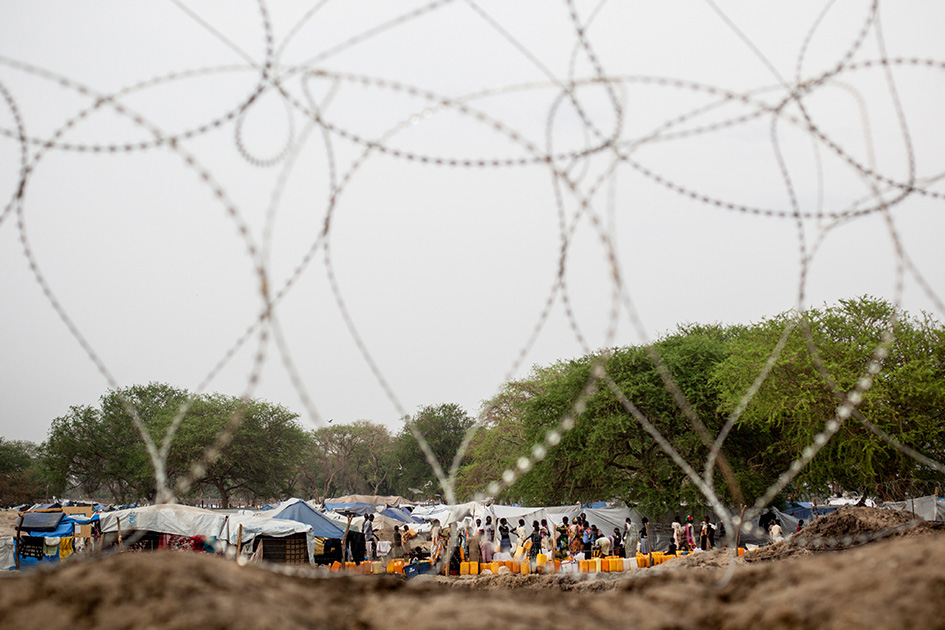
Advanced Human Rights Course: The Protection of Forcibly Displaced Persons in Africa
This course presents a human-rights perspective on the protection of forcibly displaced persons in Africa, with a view to enhancing the knowledge of policymakers, lawyers, scholars, journalists, and professionals working in international organisations and civil society organisations on the protection of the rights of forcibly displaced persons.
Read More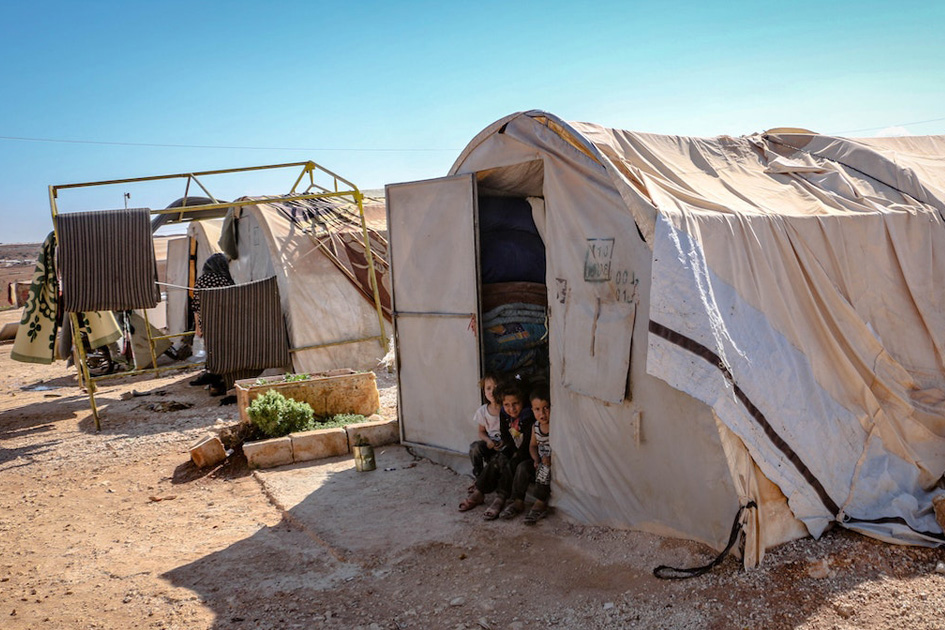
Advocacy for the ratification of the Kampala Convention
Since January 2022, the Unit has been advocating for the increased ratification of the African Union Convention for the Protection and Assistance of Internally Displaced Persons in Africa (Kampala Convention). On 23 June 2022, the Migrants' Rights Unit, in collaboration with the Women’s Rights Unit and the Disability Rights Unit, hosted a high-level advocacy meeting with ambassadors, high-commissioners and other high-ranking diplomats of African countries based in South Africa. The Unit also coordinated the Centre’s Advocacy Mission to Namibia and conducted a high-level advocacy meeting with officials of the Ministry of Justice, Office of the Prime Minister, and civil society organisations from 3-4 April 2023. The advocacy meeting showcased the importance of ratifying the Kampala Convention and other treaties which Namibia is not a party to.
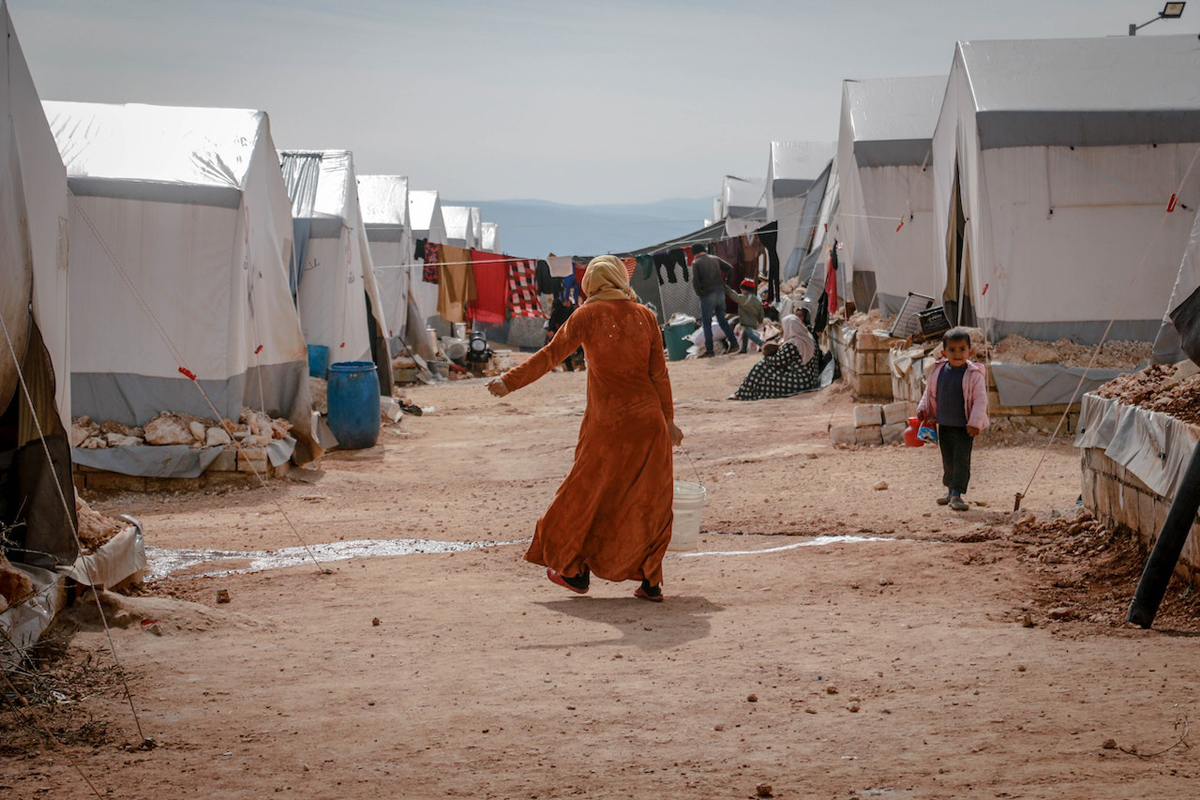
Durable Solutions to Protracted Displacement
The aim of this project is to promote durable solutions through research and publication. On 19 September, the Unit organised an Expert Forum on Durable Solutions to Protracted Displacement in Africa. Participants of the Forum presented policy papers on durable solutions. They also deliberated upon, provided inputs to, and adopted, the Future Africa Declaration on Durable Solutions to Protracted Displacement in Africa, which was drafted by the Migrants' Rights Unit.

Countering xenophobia
The aim of this project is to mitigate xenophobia by training journalists, social media personalities and artists; by organizing community dialogues with the aim of dispelling xenophobic attitudes, empowering migrants with respect to their rights and relevant institutions for the enforcement of their rights, and launching an anti-xenophobia campaign involving journalists, social media influencers and artists.
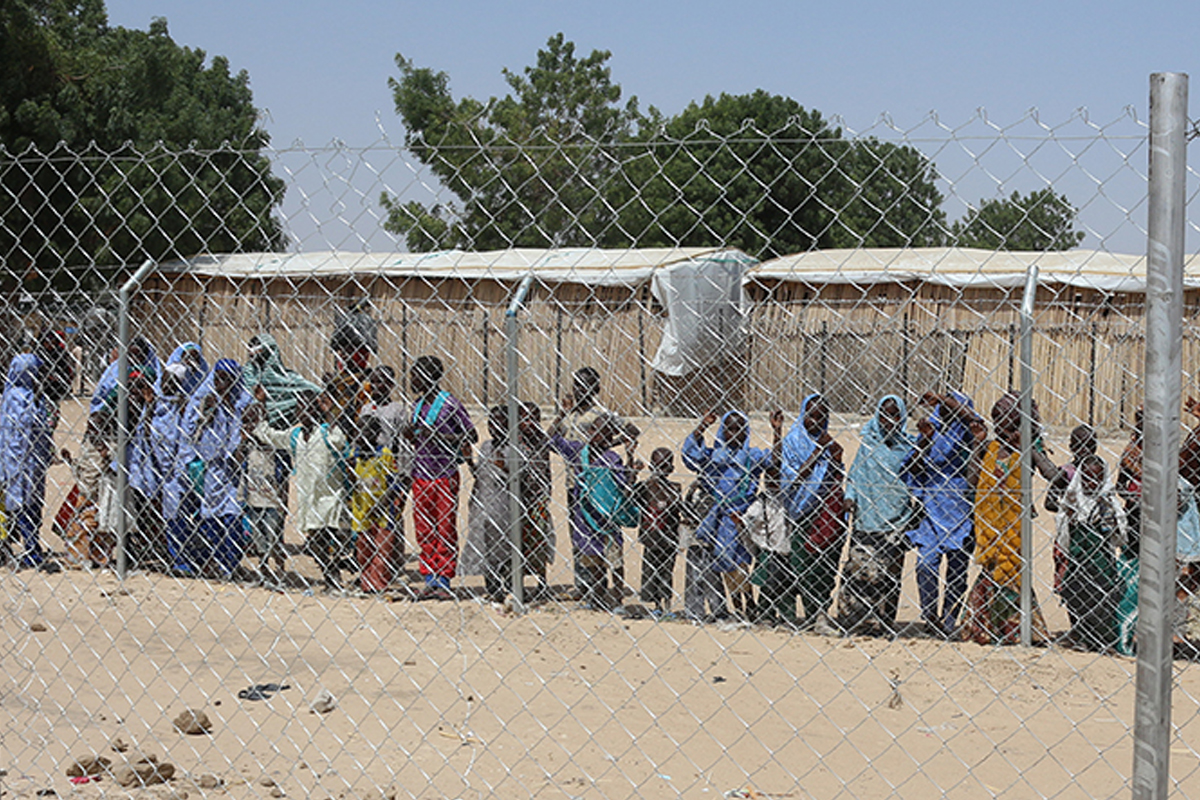
GENIDA
The Global Engagement Network on Internal Displacement (GENIDA) is an international collaboration for the furtherance of the protection and assistance of internally displaced persons (IDPs) in Africa which responds to the paucity of research on internal displacement and the importance of more evidence-based knowledge in the furtherance of protection and assistance of IDPs.
Read More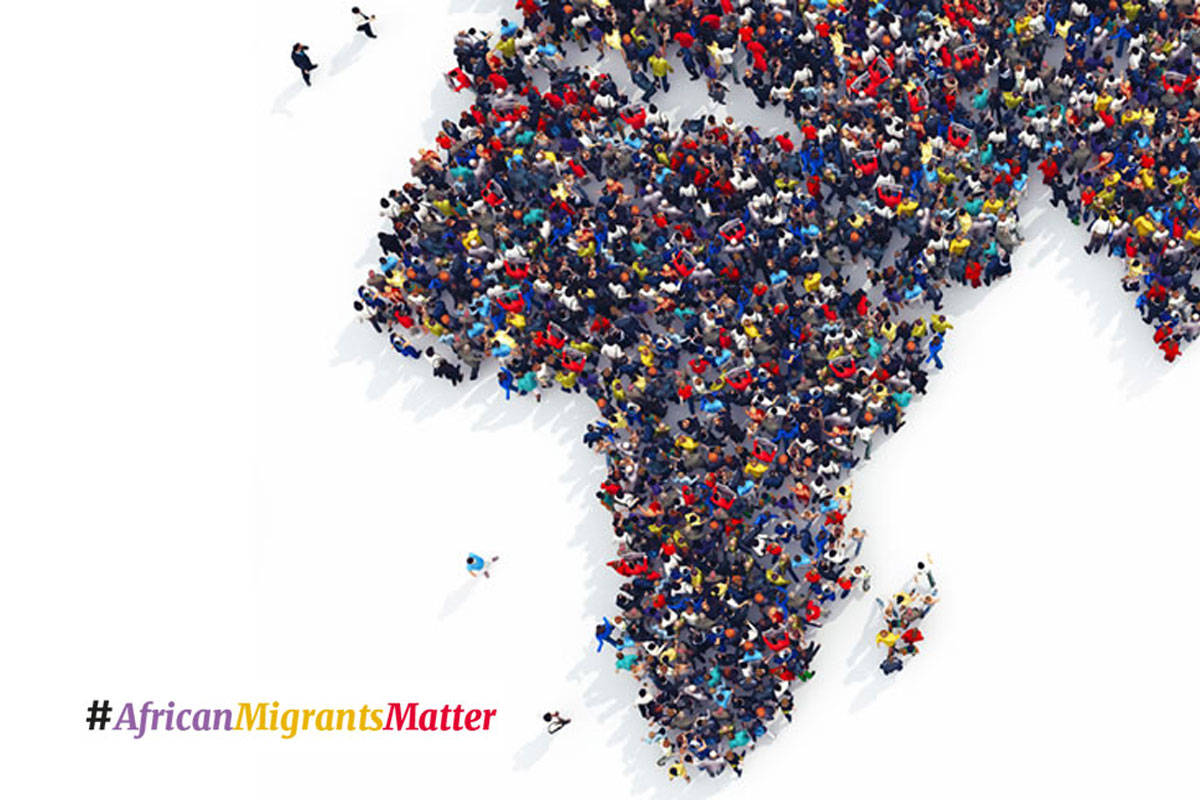
African Migrants Matter
In light of the African Union’s 2019 theme on: “Refugees, Returnees and Internally Displaced Persons: Towards Durable Solutions to Forced Displacement in Africa”, the Centre for Human Rights launched a year-long campaign which focuses on the rights of asylum seekers, refugees, internally displaced persons and other migrants on the African continent. The African Union (AU) and United Nations High Commissioner for Refugees (UNHCR) hold that more than a third of the world’s forcibly displaced people are African. Forced displacement is still a major problem encountered across Africa.
Read More
